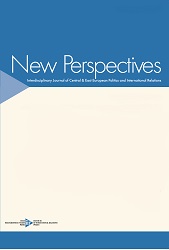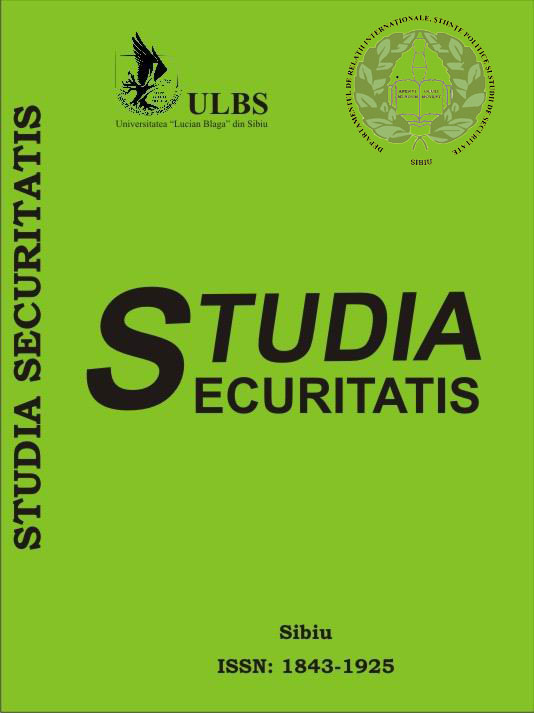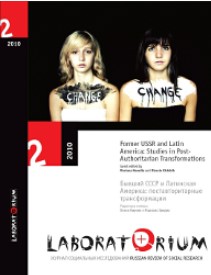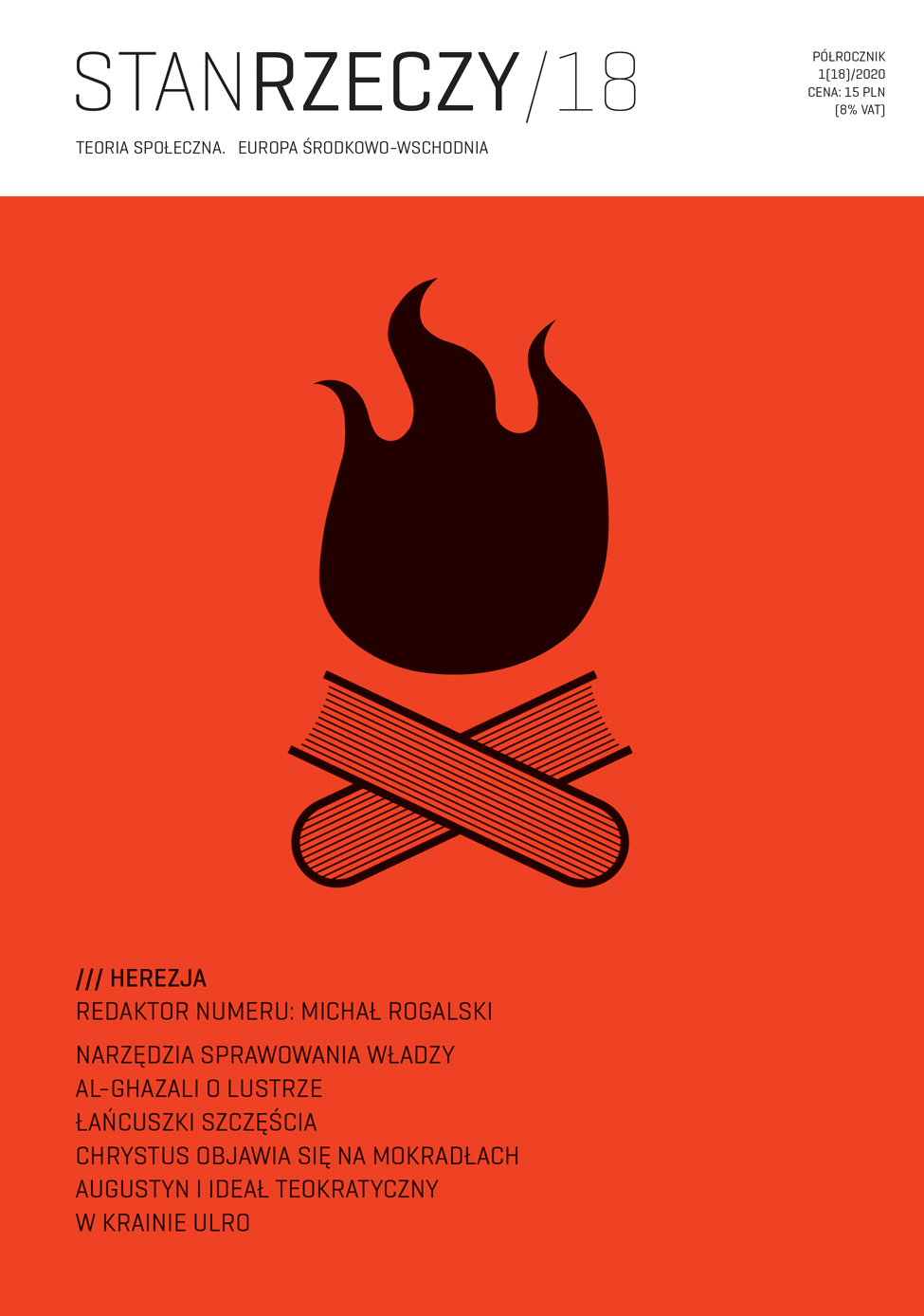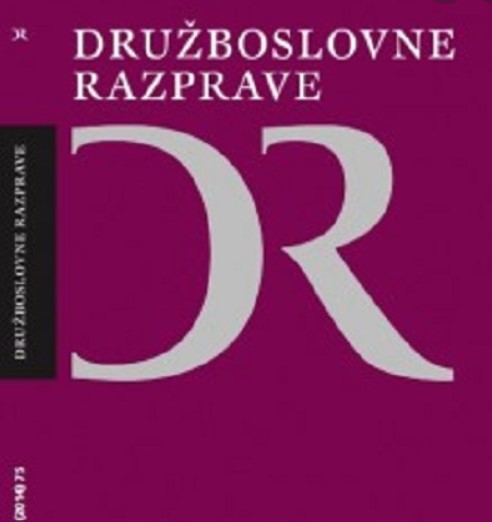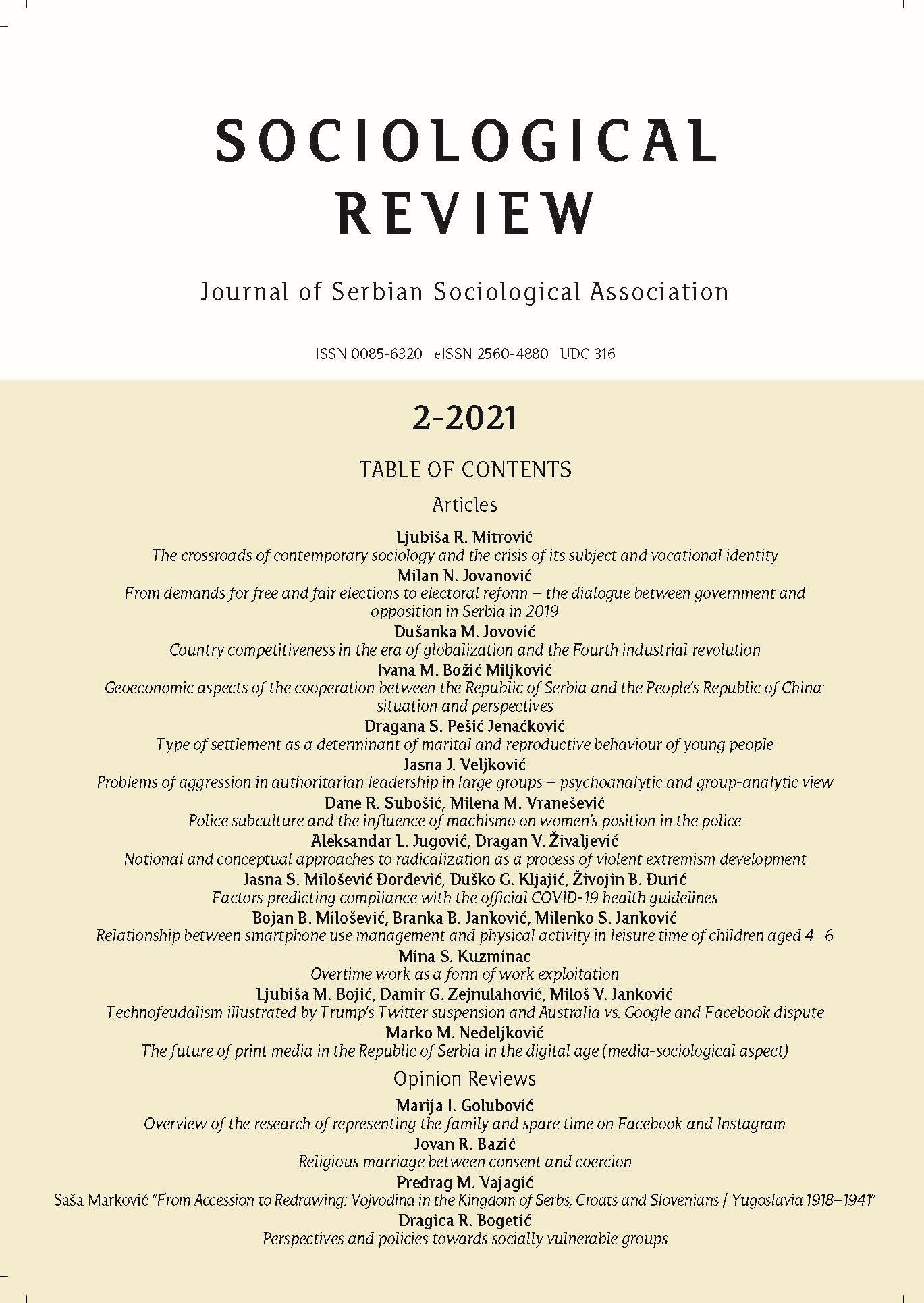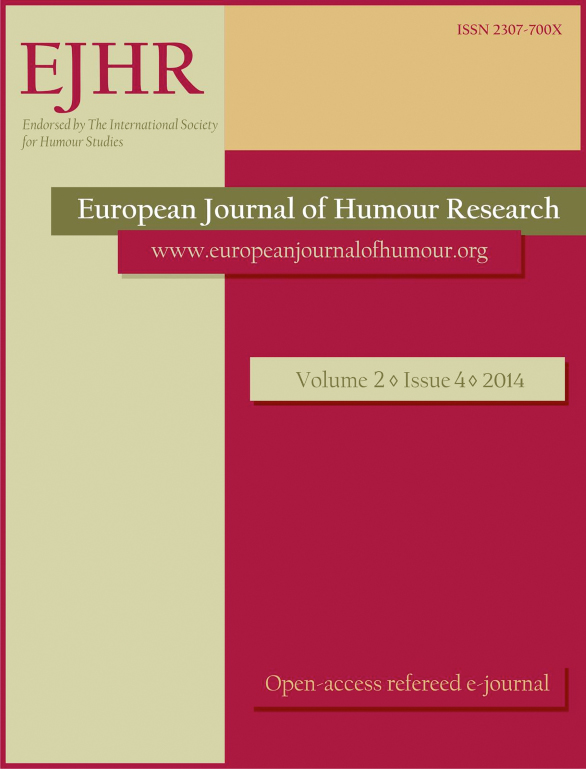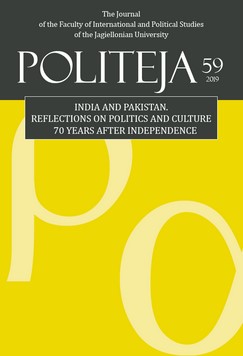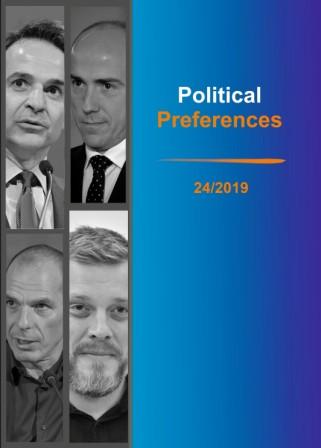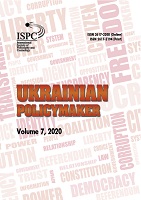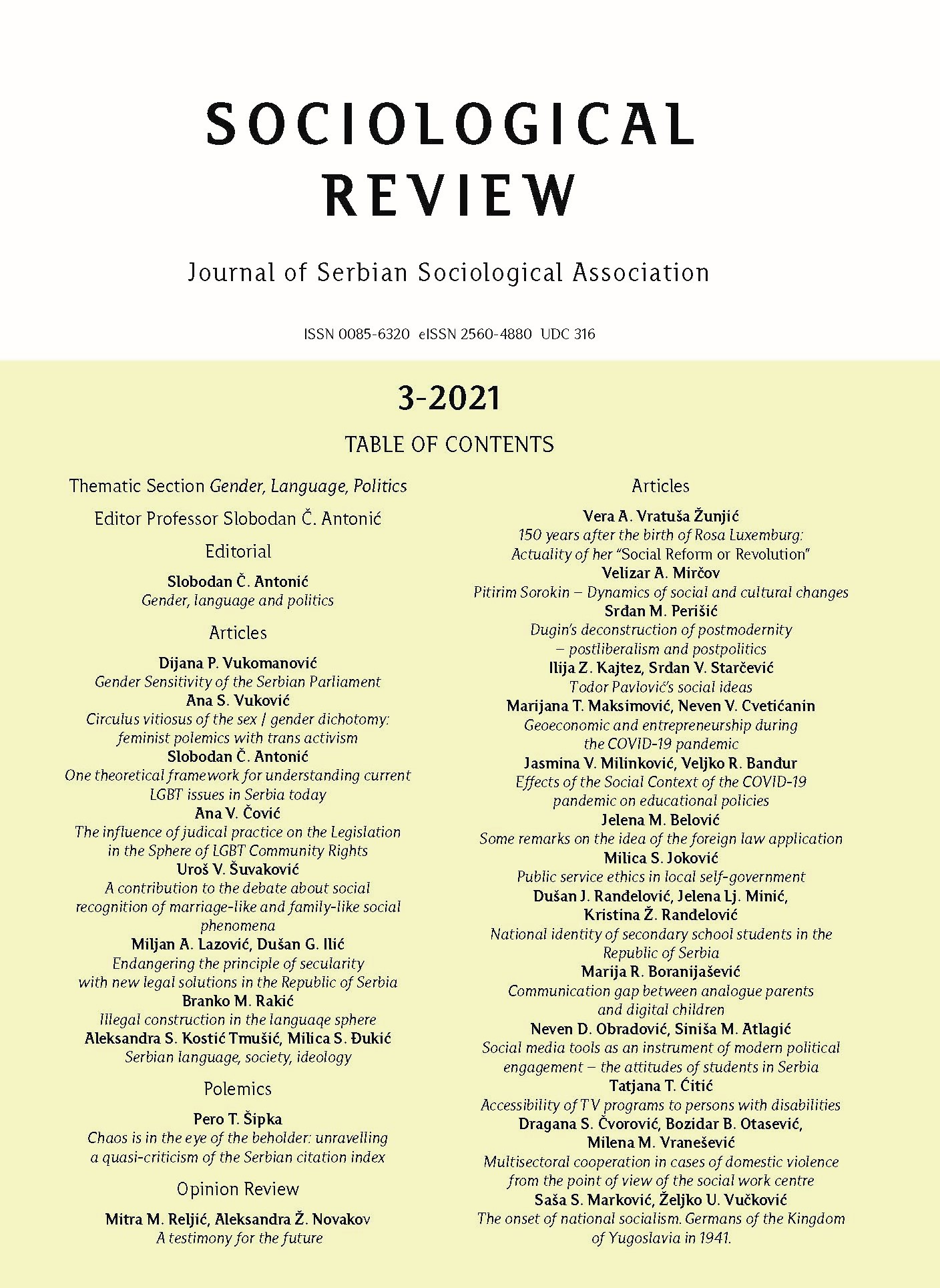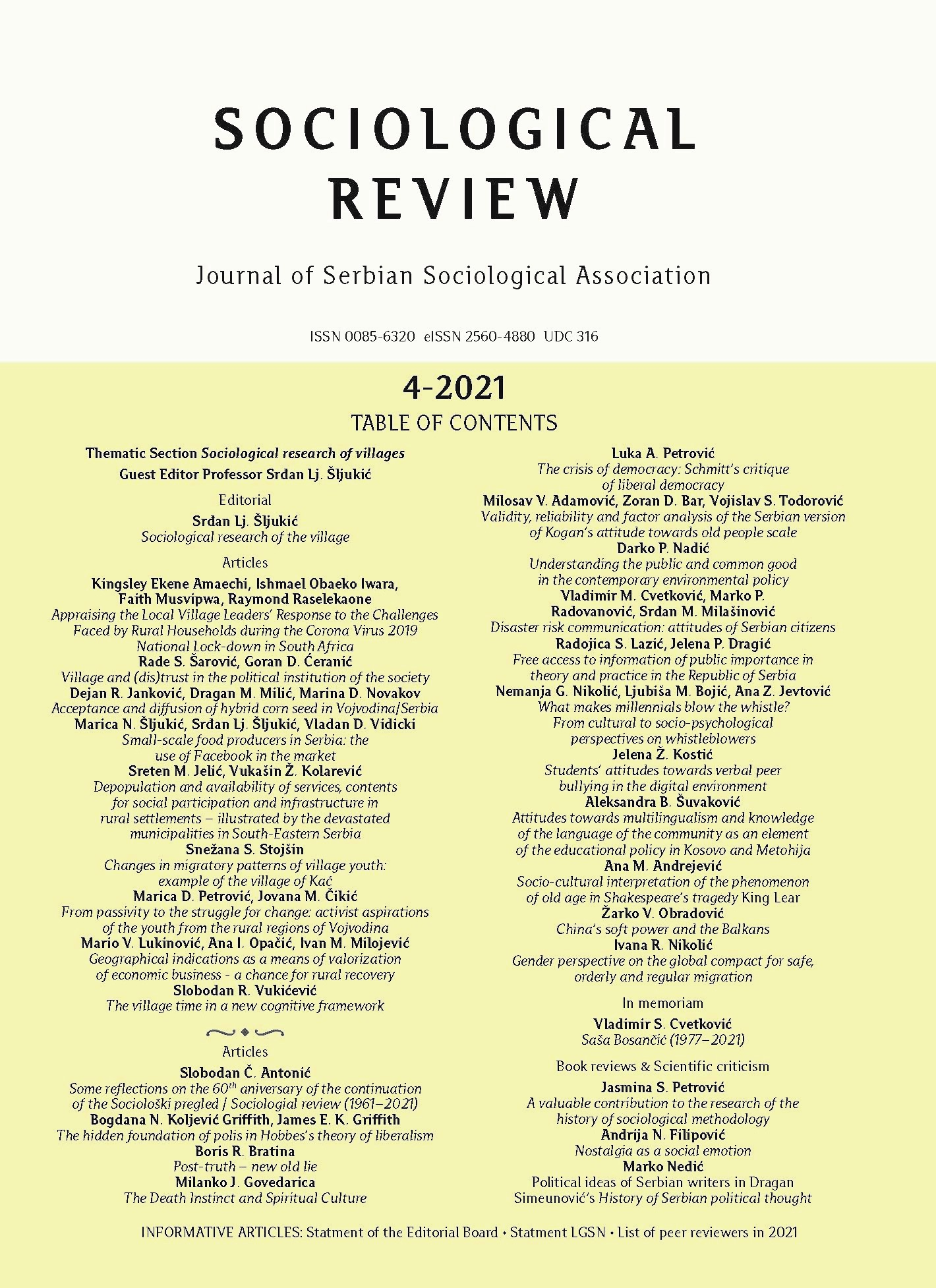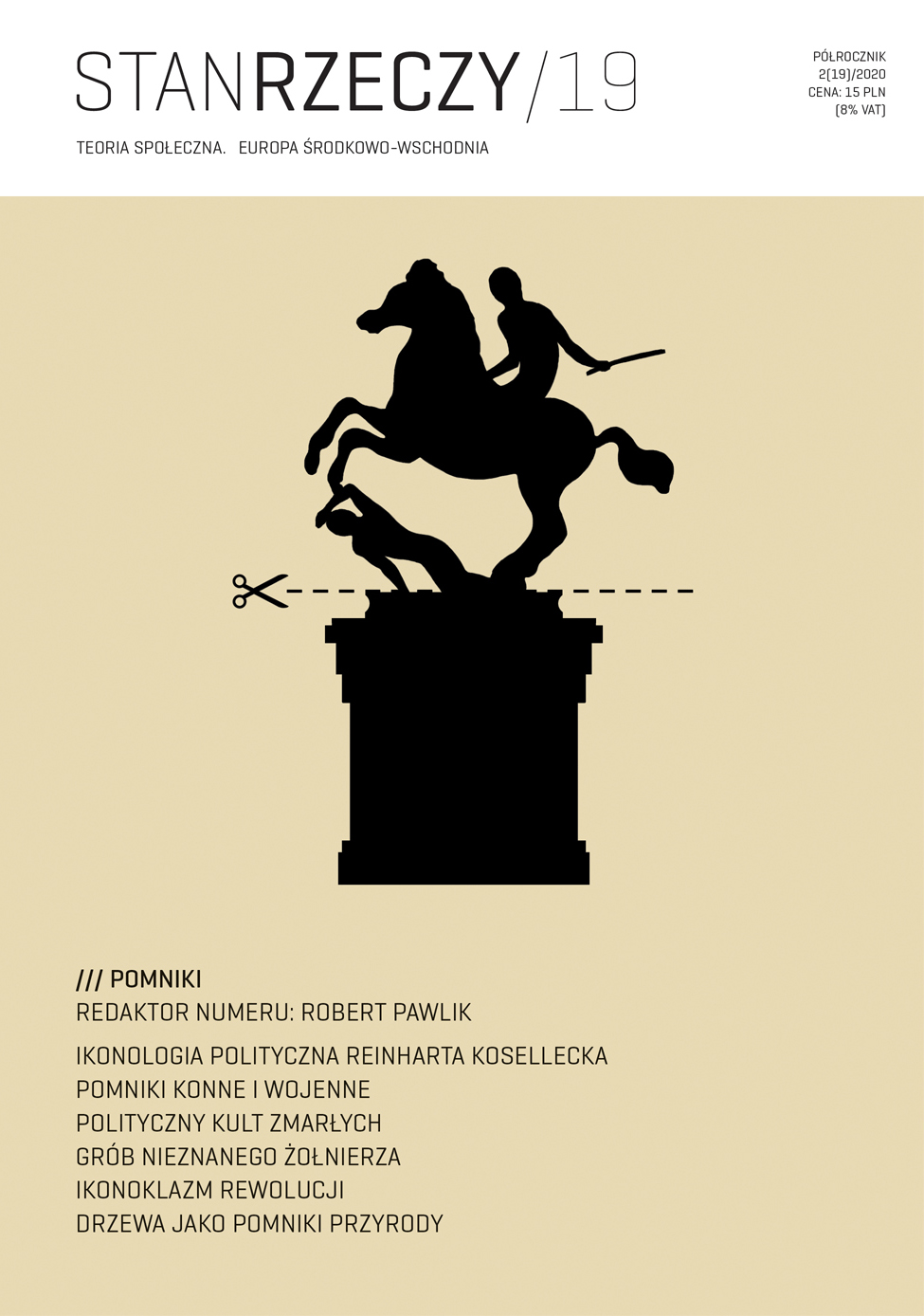Author(s): Heorhii Vdovychenko / Language(s): English
Issue: 8/2021
This article deals with defining and analyzing the experience of dialogue and interaction of the founders of the Kyiv philosophical school, as a leading participant in the philosophical life of the Ukrainian SSR from the Khrushchev’s “thaw” to the Gorbachev’s “perestroika,” with the human rights and national-cultural movement of the 1950s and 1980s, also represented, in particular, by its figures V. Lisovyi and Y. Pronyuk. Academicians S. Krymskyi and V. Horskyi, founders both of this school and, at the same time, its main academic center, namely the Institute of Philosophy of the Academy of Sciences of the Ukrainian SSR, were long-term employees of its two most nonconforming Departments – Logic and Methodology of Science and History of Philosophy of Ukraine, and left a lot of evidence on this topic. In their final autobiographical reconstructions of the past two decades, they left a number of recollections of their long-term friendly relations with the known ideologists of the Ukrainian human rights movement I. Svitlychny, I. Dziuba, E. Sverstiuk, L. Plyushch, including their colleagues, prisoners of conscience V. Lisovyi and Y. Pronyuk. At the same time, they provided much evidence of similar relations with well-known in the USSR and the world Russian Soviet dissidents: the philosophers A. Zinoviev and A. Esenin-Volpin, and the writer V. Nekrasov. Other no less important sources of the topic of the article, apart from the memoirs of the mentioned and other figures of the Kyiv philosophical school, as significant achievements of the first domestic projects on the oral history of philosophy of T. Chaika and Student Society of Oral History of Philosophy of Taras Shevchenko National University of Kyiv, are used below. These are scientific works, memoirs, and correspondence of the said well-known academic human rights scholars: dissident philosopher V. Lisovyi and his colleague from the Institute of Cybernetics of the Ukrainian SSR Academy of Sciences, also dissident philosopher L. Plyushch. They reflected the formation of a new type of Ukrainian intelligentsia of the post-Stalin era of the generation of the sixties as postmodern thinkers-visionaries of democratic Ukraine
More...
